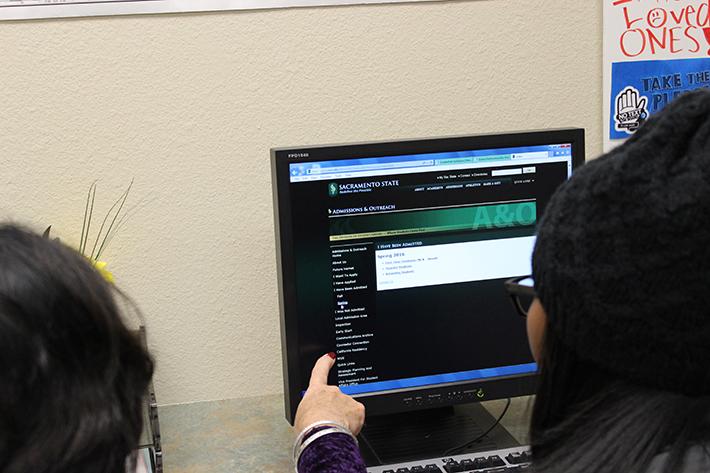Almost every college student is asked the classic “what’s your major” question and while some can answer confidently in under five seconds, there are many students who struggle to find a response.
Many people view a student who has not decided on a major as a person who has no direction in life nor has any interest in their educational or career path.
However, this view inaccurately describes a population who enter college with little knowledge on how the world works and perhaps little knowledge on the person who they are.
After leaving high school, students are offered a wide variety of options for their education and career and the basic lessons taught to these students can leave many without a clue of their next step after graduation.
Because students have been taught to enter college with a solid plan for success and that having no plan is looked down upon by family and community, many will choose a major that they will eventually change, suffer through classes that do not interest or challenge them and end up in a job they do not like, or drop out of college due to a lack of interest in their “desired” course of study.
Factors like family values on obtaining a well-paid job with full benefits, personal goals of wanting to be well-off, and an immature knowledge of personal interests can also lead students to choose a major that is not right for them.
Instead of wasting time in classes that do not inspire or challenge intellectually, creatively or physically, students should be able to explore the available options on his or her college campus in order to find the major that is meant for them.
At American River College there are about 76 areas of study a student could research and enroll in to narrow down one’s decision.
The district offers a detailed catalogue that breaks down each area so that students can see the subjects offered under each one and the requirements needed to obtain a degree in that particular field.
However, enrolling in every class that piques one’s interest can be time consuming and cut deeply into one’s pockets over time, so perhaps more colleges can implement a system that allows a student to explore areas of study across various fields and still stay on a specialized track to graduate on time.
At the University of Florida, the school classifies a student who has yet to decide on a major as “exploratory” instead of “undecided” and works with these students to offer a larger net of courses across broad programs of study such as Science and Engineering, Social and Behavioral Sciences and Humanities.
With a larger selection of classes to choose from, that will still provide the student the necessary outline to graduate on time, this course of action could be a lifeline to students who are lost in a sea of undecidedness.
Advice from career counselors could also benefit a student who is struggling to chose a major.
ARC’s career counselors can be found at the Career Center, currently located in the Portable Village, portable 605B.
Students shouldn’t feel pressured into choosing a major without proper research of oneself and of the work needed to obtain a degree in a particular field, nor should they be looked down upon for not knowing what they want to do with the rest of their life.
One’s college years are a time to explore and find oneself in the process of the exploration and if one makes hasty decisions without fully weighing the consequences, opportunities can be lost.








